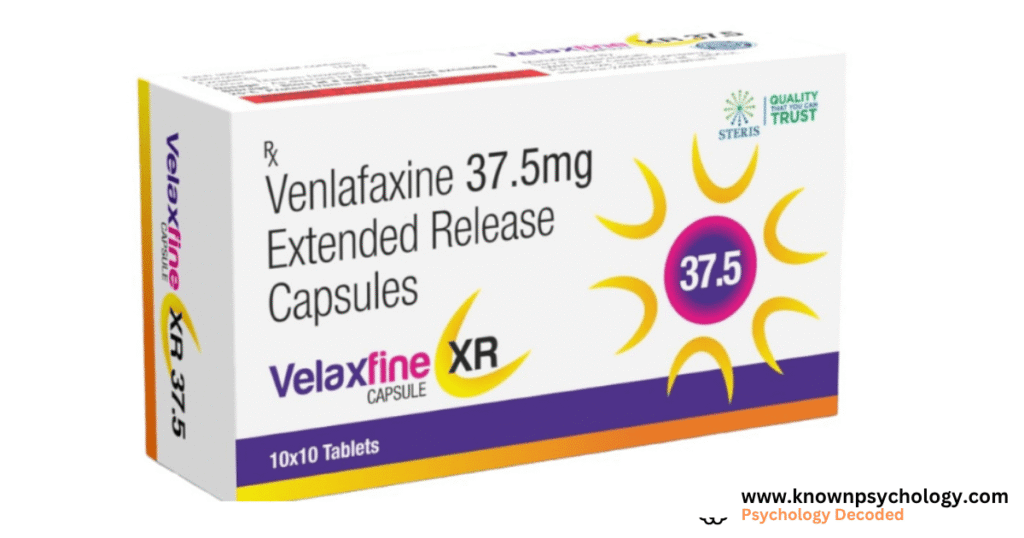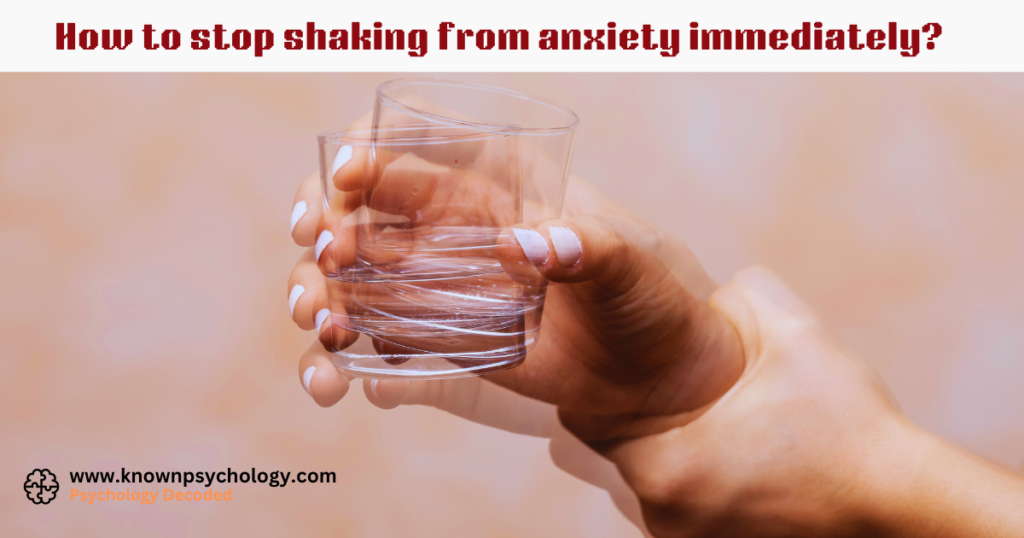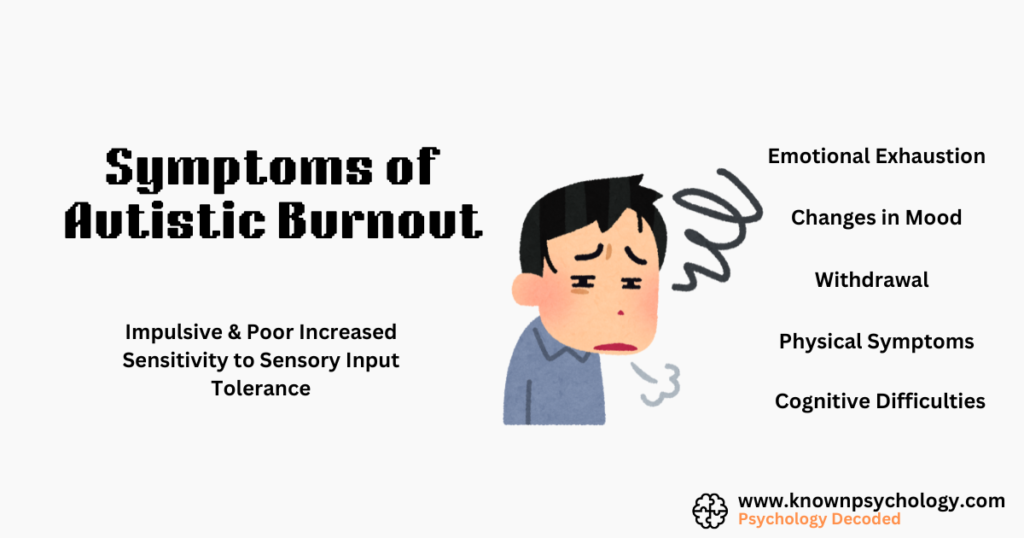
Starting a new medication for anxiety can feel like a leap of faith. If you’ve been prescribed venlafaxine (also known by its brand name Effexor), you’re probably wondering: how long does venlafaxine take to work for anxiety? You’re not alone—this is one of the most common questions people ask when beginning treatment.
In this blog, we’ll break it all down in simple terms. We’ll explain how long it usually takes for venlafaxine to kick in, what side effects to watch out for, how the dosage works, and even whether it causes weight gain or is a controlled substance.
Let’s get into it.
Key Takeaways
- Venlafaxine usually takes 2 to 6 weeks to start relieving anxiety symptoms.
- You may feel some changes (like better sleep or focus) within 1-2 weeks.
- Common side effects include nausea, headache, and dry mouth.
- Venlafaxine can cause weight gain in some people, but not always.
- No, venlafaxine is not a controlled substance.
- A dose of 150 mg is considered moderate to high, depending on the person.
What Is Venlafaxine?
Venlafaxine is an antidepressant from a group of medications called SNRIs (Serotonin-Norepinephrine Reuptake Inhibitors). It’s used to treat:
- Generalized Anxiety Disorder (GAD)
- Social Anxiety Disorder
- Panic Disorder
- Depression
It works by balancing the brain chemicals serotonin and norepinephrine, which help improve mood and reduce anxiety.
How Long Does Venlafaxine Take to Work for Anxiety?
The Honest Timeline
Venlafaxine doesn’t work overnight, and that can be frustrating. Most people start noticing small changes after 1 to 2 weeks, but the full effects can take up to 6 weeks (or even longer in some cases).
Here’s a general timeline:
| Timeframe | What to Expect |
| 1–2 Days | Possible mild side effects, no mood changes yet |
| 1 Week | Slight changes: better sleep, less irritability |
| 2–3 Weeks | Anxiety starts to reduce, though not fully |
| 4–6 Weeks | Noticeable improvement in anxiety symptoms |
| 6+ Weeks | Full effect; dose may be adjusted if needed |
💡 Tip: Keep a daily mood journal to track small changes. They may seem minor but add up over time.
Venlafaxine Side Effects to Watch Out For
Just like any other medication, venlafaxine can cause side effects—especially in the first few weeks. These often go away as your body adjusts.
Common Side Effects (usually mild):
- Nausea
- Dry mouth
- Headache
- Sweating
- Drowsiness or trouble sleeping
- Loss of appetite
Less Common but Important:
- Increased blood pressure
- Sexual side effects
- Dizziness
- Feeling jittery
If you experience serious side effects like thoughts of self-harm, severe chest pain, or allergic reactions, get medical help right away.
Does Venlafaxine Cause Weight Gain?
This one’s tricky. The short answer? Sometimes.
Some people gain weight, especially with long-term use, while others lose weight due to appetite loss early in treatment.
What the research says:
- A study from 2016 found that some users gained around 1–2 kg after 6 months.
- Others reported weight loss in the first few weeks because of nausea.
So, does venlafaxine cause weight gain? It can, but not for everyone. Eating habits, lifestyle, and dosage all play a role.
Is 150 mg of Venlafaxine a High Dose?
If you’re taking 150 mg, you might wonder if that’s a lot.
Here’s the breakdown:
| Dose Level | Amount | Typical Use |
| Low | 37.5–75 mg | Starting dose |
| Medium | 75–150 mg | Standard therapeutic range |
| High | 150–225+ mg | Often needed for severe cases |
So, is 150 mg of venlafaxine a high dose? It’s on the higher side of normal, especially for anxiety. But for many people, 150 mg is where the real benefits kick in. Always follow your doctor’s advice when adjusting dosage.
Is Venlafaxine a Controlled Substance?
Good news: venlafaxine is NOT a controlled substance in most countries, including the U.S. and U.K.
That means:
- You don’t need to worry about it being labeled as addictive.
- It’s not regulated like opioids or benzodiazepines.
- You still need a prescription to get it.
However, you should not stop taking it suddenly. Always taper off slowly under your doctor’s care to avoid withdrawal symptoms.
What You Can Do While Waiting for It to Work
While venlafaxine builds up in your system, you can support your recovery with:
- Therapy (like CBT or talk therapy)
- Exercise – helps release feel-good brain chemicals
- Sleep hygiene – go to bed and wake up at the same time
- Journaling – track triggers and progress
- Staying consistent – take your meds at the same time daily
FAQs About Venlafaxine for Anxiety
How long does venlafaxine take to work for anxiety?
It typically takes 4 to 6 weeks to feel the full effects, though some people notice improvement in 2–3 weeks.
Can venlafaxine make anxiety worse at first?
Yes, it can. Some people feel more anxious or jittery in the first few days. This usually fades with time.
Can I drink alcohol while on venlafaxine?
It’s not recommended. Alcohol can increase side effects like dizziness, drowsiness, and poor coordination.
Is venlafaxine addictive?
No. It’s not classified as addictive or a controlled substance. However, stopping suddenly can cause withdrawal symptoms.
What if 150 mg doesn’t work?
Talk to your doctor. They may adjust the dose or combine venlafaxine with therapy or another medication.
Final Thoughts
Starting venlafaxine for anxiety can feel like a waiting game. It’s natural to want results fast, but the truth is: venlafaxine takes time to work—usually a few weeks. Along the way, you might face side effects, questions about weight gain, or wonder if your dose is too high.
But here’s the good news: many people do find relief, especially when they stick with it and combine it with healthy habits.
If you’re unsure or something doesn’t feel right, always check in with your doctor. Your mental health matters, and the right support can make all the difference.
Need support while adjusting to venlafaxine?
Join online forums, talk to a mental health professional, or connect with others going through the same journey. You’re not alone.
Read more: What Are the Top 10 Medications for Anxiety?
Mariam holds an MS in Sociology with a specialization in Medical Sociology and Social Psychology. With a strong academic background and extensive research work in both fields, she brings depth and clarity to complex topics. Her writing explores the intersection of society, health, and the human mind, making academic ideas easy to grasp and relevant to everyday life.


